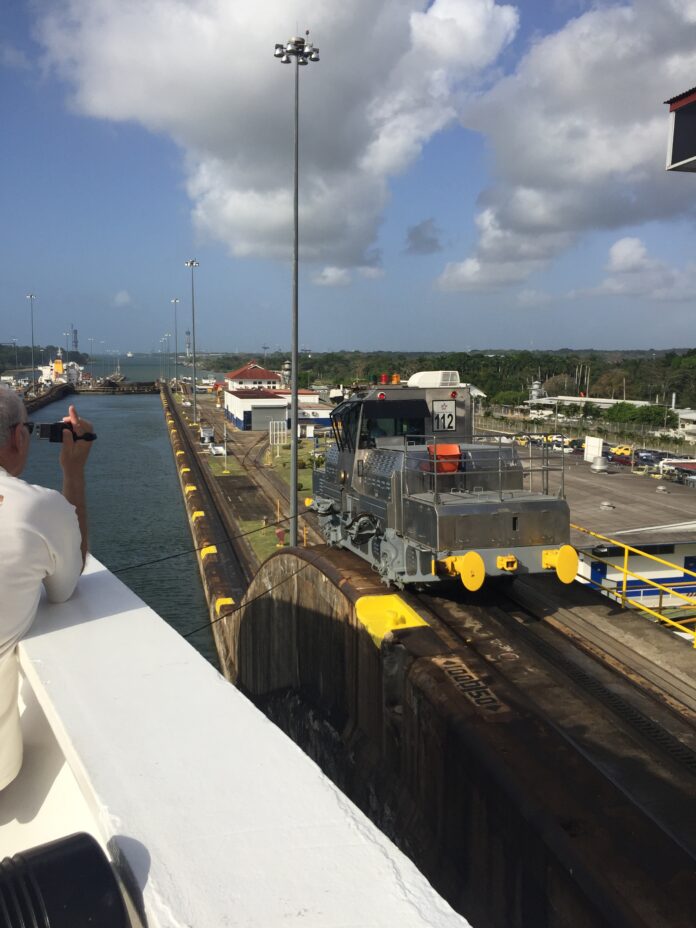After a meeting with Secretary of State Marco Rubio on Sunday Panama President Jose Raul Mulino said he will end the country’s development deal with China. The meeting came after President Donald Trump protested the country giving control of its shipping to power-hungry China, which would incorporate the asset into its “Belt and Road” strategy of taking over infrastructure around the world.
Mulino said the Belt and Road agreement signed in 2017 with China will not be renewed.
“I think this visit opens the door to build new relations … and try to increase as much as possible U.S. investments in Panama,” Mulino said after the meeting with Rubio.
The United States, more than any other nation, benefits from ships being able to transit the Panama Canal. In excess of 40% of U.S. container traffic, valued at roughly $270 billion annually, transits this waterway, according to the U.S. Maritime Commission. For the first 75 years after the United States built the canal, the USA was responsible for operating it. That changed in 1999, when control was transferred by the Clinton Administration to the Republic of Panama. For 25 years, the Canal has been administered by the Panama Canal Authority, which is an agency somewhat separate from the government, but still under the government’s control in many ways. Panama suffers from profound government corruption.
“Further complicating this split of authorities is the reputation the Government of Panama has for corruption and susceptibility to foreign influence. Transparency International places Panama at 108 out of 180 rated countries, and the U.S. Department of Commerce International Trade Administration notes that corruption is Panama’s biggest challenge,” said Louis E. Sola is a commissioner with the U.S. Federal Maritime Commission, speaking to a Senate Committee last week.
“Presidential administrations that preceded that of now-President Mulino were particularly receptive to Chinese overtures and beginning in 2015, the People’s Republic of China only had to push lightly on a cracked door in Panama. In subsequent years, Panama became a member of the Belt and Road Initiative and ended its diplomatic relations with the Republic of China (Taiwan). Chinese companies have been able to pursue billions of dollars in development contracts in Panama, many of which were physical infrastructure projects, some on or adjacent to the Panama Canal. No bid contracts were awarded, labor laws were waived, and the Panamanian people are still waiting to see how they benefitted,” Sola said. Read his testimony at this link.
